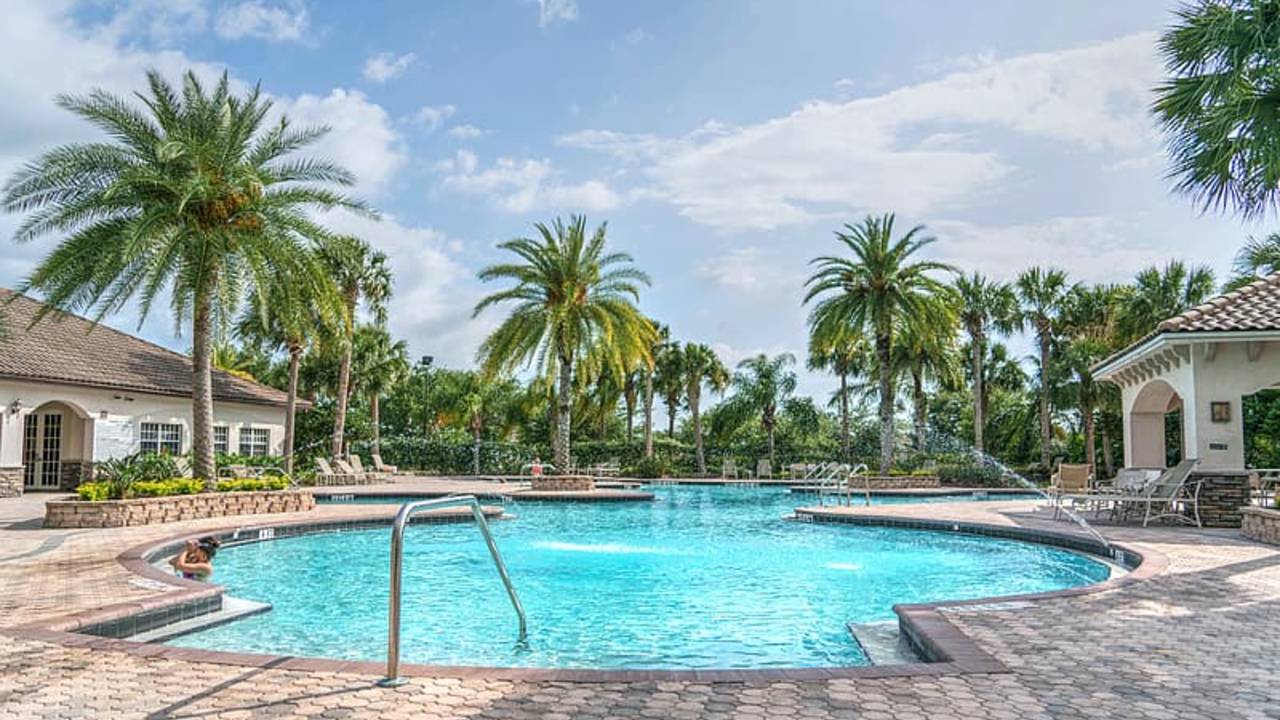Unfortunately, there are still far too many cases of child drownings and other tragic incidents for residential properties with swimming pools and jacuzzis. This is especially true in warmer locations like Florida, Texas and California. The summer months in Los Angeles and other similar locales can be unbearably hot at times. Because of the heat, many people enjoy swimming in private or public pools. Unfortunately, swimming pool accidents and drownings are fairly common in California, and many of these accidents happen because of the negligence of the property owners where the pools are located. Children younger than age 15 are especially at risk of drowning in pools. Unfortunately, recent data shows that California ranks third for the number of fatal childhood drownings that happen each year. People need to understand the dangers of swimming pool accidents and take steps to prevent them from happening.
Fatal pool drowning statistics
California has consistently ranked in the top states for accidental pool drowning deaths. The U.S. Consumer Product Safety Commission reported that between Memorial Day and Labor Day in 2018, 148 children under the age of 15 drowned in the U.S. California had the third-highest number of child drownings in pools with 11 children who drowned between Memorial Day and Labor Day during that year. Only Florida and Texas had a higher number of pool fatalities among children younger than 15 in 2018.
The USA Swimming Foundation tracked childhood drownings that were reported by the media for 10 years from 2010 through 2019. It found that 3,061 children under the age of 15 drowned in pools or spas during the 10-year study period. Thankfully, the foundation found that childhood drownings in pools and spas have decreased by 35% since 2010. In 2019, there were 223 reported child pool drownings. By contrast, 384 children under the age of 15 drowned in pools or spas in 2011.
The foundation found that the five states with the greatest number of childhood pool or spa drowning fatalities during the 10 years were Florida, Texas, California, Arizona, and Ohio. California was third behind Florida and Texas with 331 childhood drowning deaths. Florida and Texas had 458 and 347 childhood pool drowning deaths, respectively. This data demonstrates that people need to take steps to prevent children from drowning in their pools. Childhood pool accidents are largely preventable, and implementing safety measures can help to save lives.
How to make your pool safer and prevent childhood drowning accidents
Swimming pools attract children. If your pool does not have an enclosure that prevents children from reaching it, some children may trespass to swim. Some tragic accidents each year happen when children trespass on the property of others to swim in their pools and drown. Other drowning incidents happen when people fail to properly supervise children while they are swimming. Adults should not let their children and their children's friends swim unsupervised in their pools. They should also not go inside of their homes to go to the bathroom, answer the phone, or get a drink when children are still swimming outside.
As we have previously reported, 70% of the victims of childhood drowning were seen playing in the yard or on the patio in the moments before their accidents. Most children who drowned in pools were being supervised by adults at the time. For children under the age of five in California, drowning is the leading cause of death. Among children who drowned by being submerged in water, 75% were between the ages of one and three.
Toddlers have heads that are disproportionately heavier than the rest of their bodies. This can cause them to easily fall into swimming pools. Older children also require supervision while they are swimming even if they have had swimming lessons. Children are likelier to engage in horseplay in the pool and have a much greater risk of being injured and drowning. There are several things that you should do to make your pool and your children's swimming experiences safer.
If your pool is not enclosed, you need to erect a fence. Your fence should be at least four feet high so that children will not be able to climb over it easily. Your enclosure should be solid to make climbing more difficult and to prevent children from seeing your pool. If you do have a chain-link fence around your pool, the spaces between the links should not be any greater than 1 and 1/4 inches. Solid fences made out of wood or brick should not have any protrusions that would make climbing easier. If there is space between the bottom of your fence and the ground, space should be four inches or less. If you have an above-ground pool, you should have railings installed around the top and have the entry area gated and locked. You should keep your gate to your pool locked, and the latch for opening the gate should be at least 54 inches from the ground to keep children from reaching up and opening it. Any doors that lead to the pool area outside from the inside of your home should be kept locked, and they should have motion sensors to sound an alarm whenever the doors are opened.
When you are supervising children in the pool, keep your eyes on them at all times. Do not go into your house and leave the children in the pool for even a minute. Children can drown very quickly and could drown while you are inside. Do not drink alcohol while you are swimming or supervising children in your pool.
If a visiting child drowns in your pool, you may be liable in a wrongful death lawsuit if you have not taken precautionary steps to prevent accidents from happening. You can be liable if a child that was invited drowns in your pool because you failed to properly supervise him or her. You can also be liable if a child trespasses and drowns in your pool if you have not properly fenced your pool to keep it out of the child's sight and ability to enter your pool area. Hotels and other businesses with pools can also be liable if they have failed to fence their pools and do not have warning signs or lifeguards on duty.
Get help from an experienced pool accident lawyer
Childhood drowning accidents are tragic, but they are unfortunately common. If your child drowned while visiting a pool at someone else's home or business, you may have legal rights to recover damages by filing a wrongful death lawsuit against the property owner. The attorneys at the Steven M. Sweat Personal Injury Lawyers can review what happened and discuss the legal options that you might have with you. Contact us today to schedule a free consultation by calling us at 866.966.5240.


Comments(0)